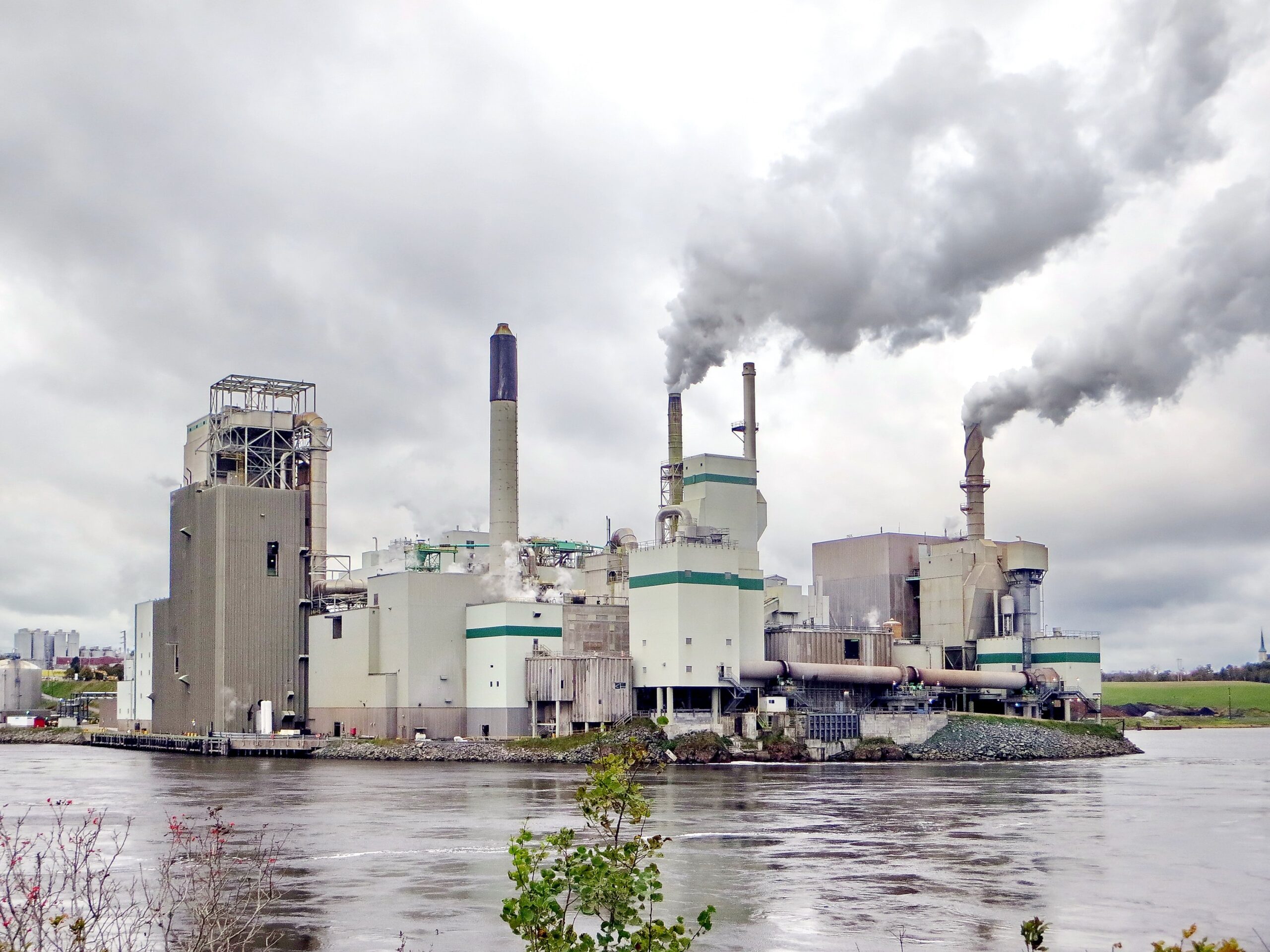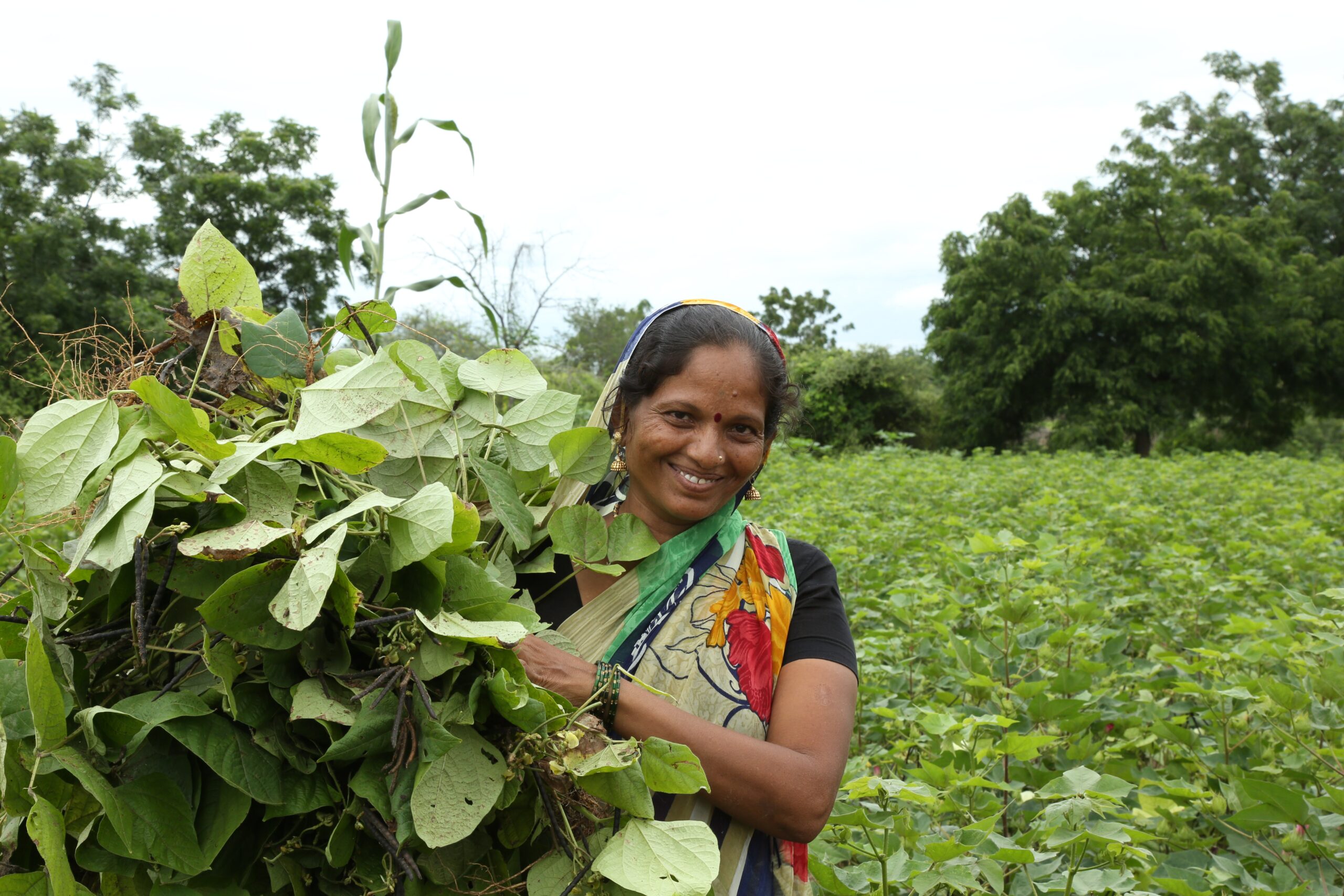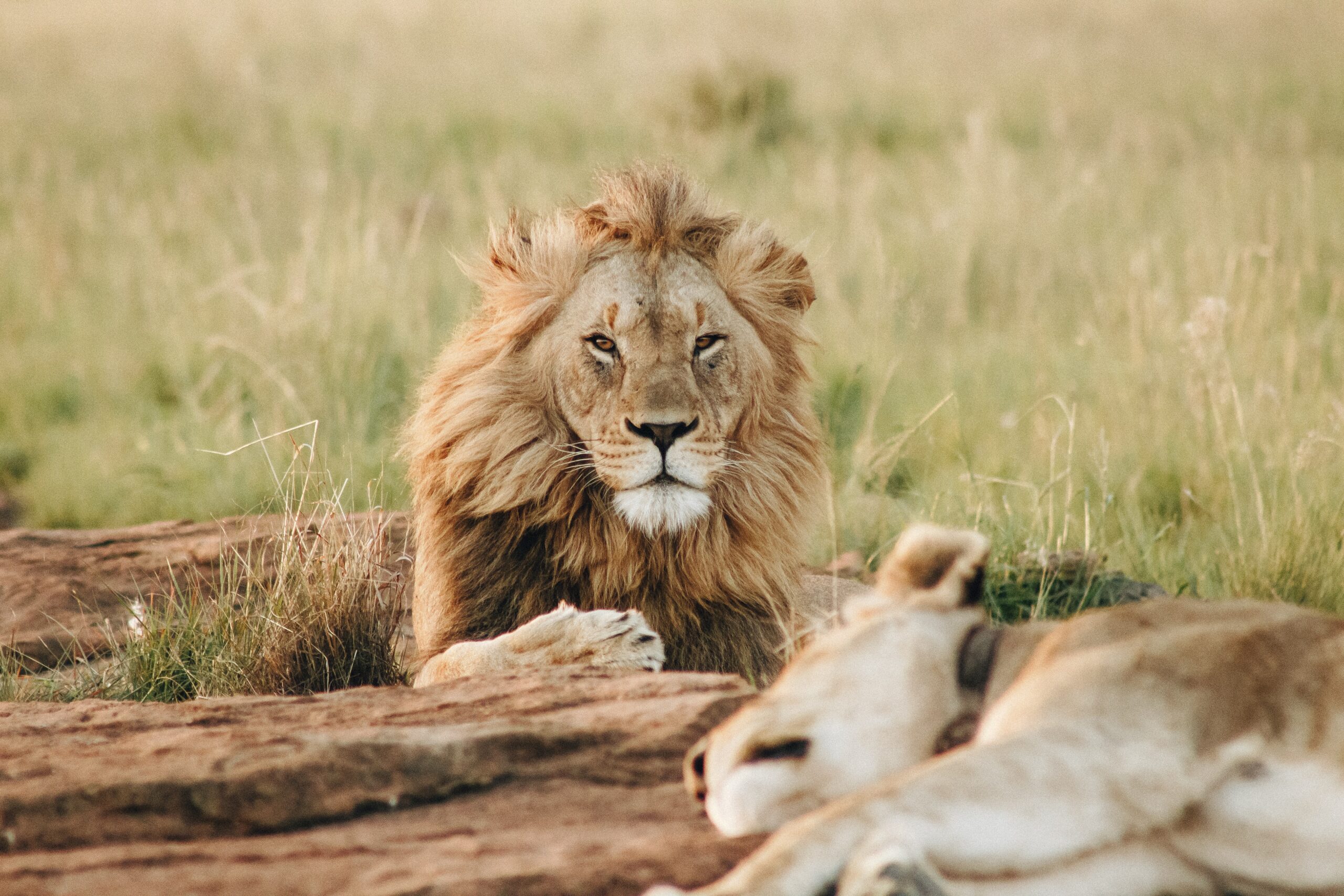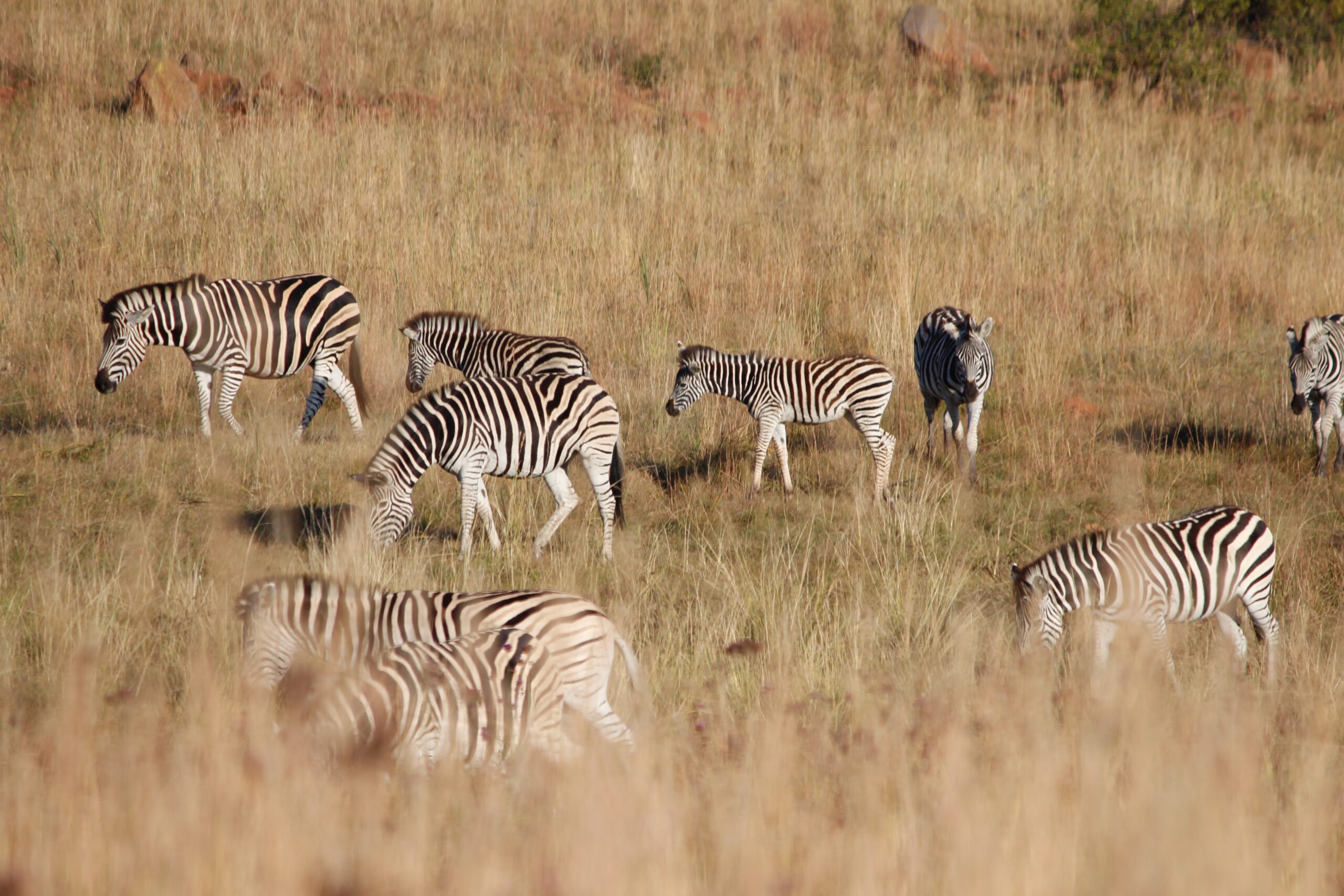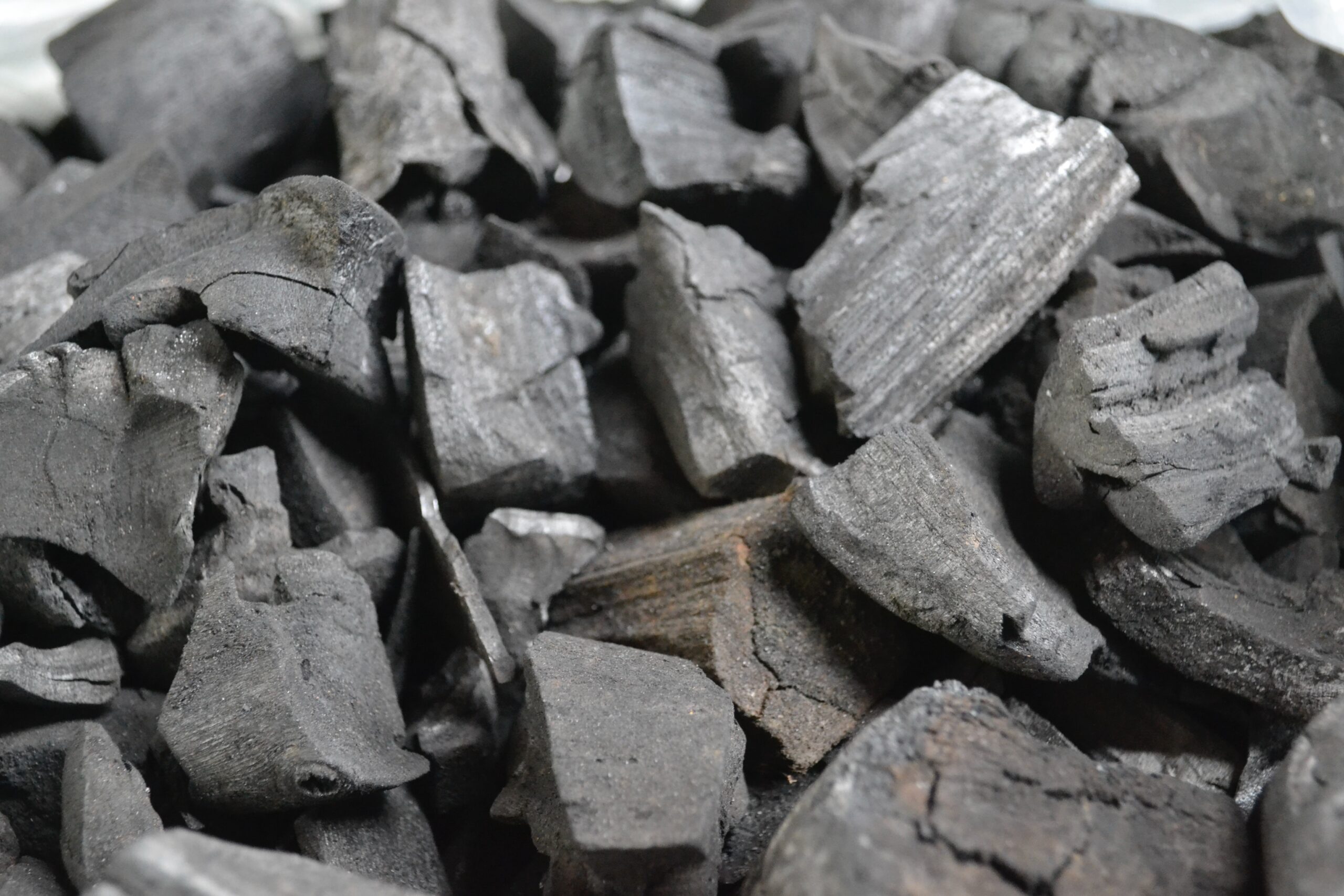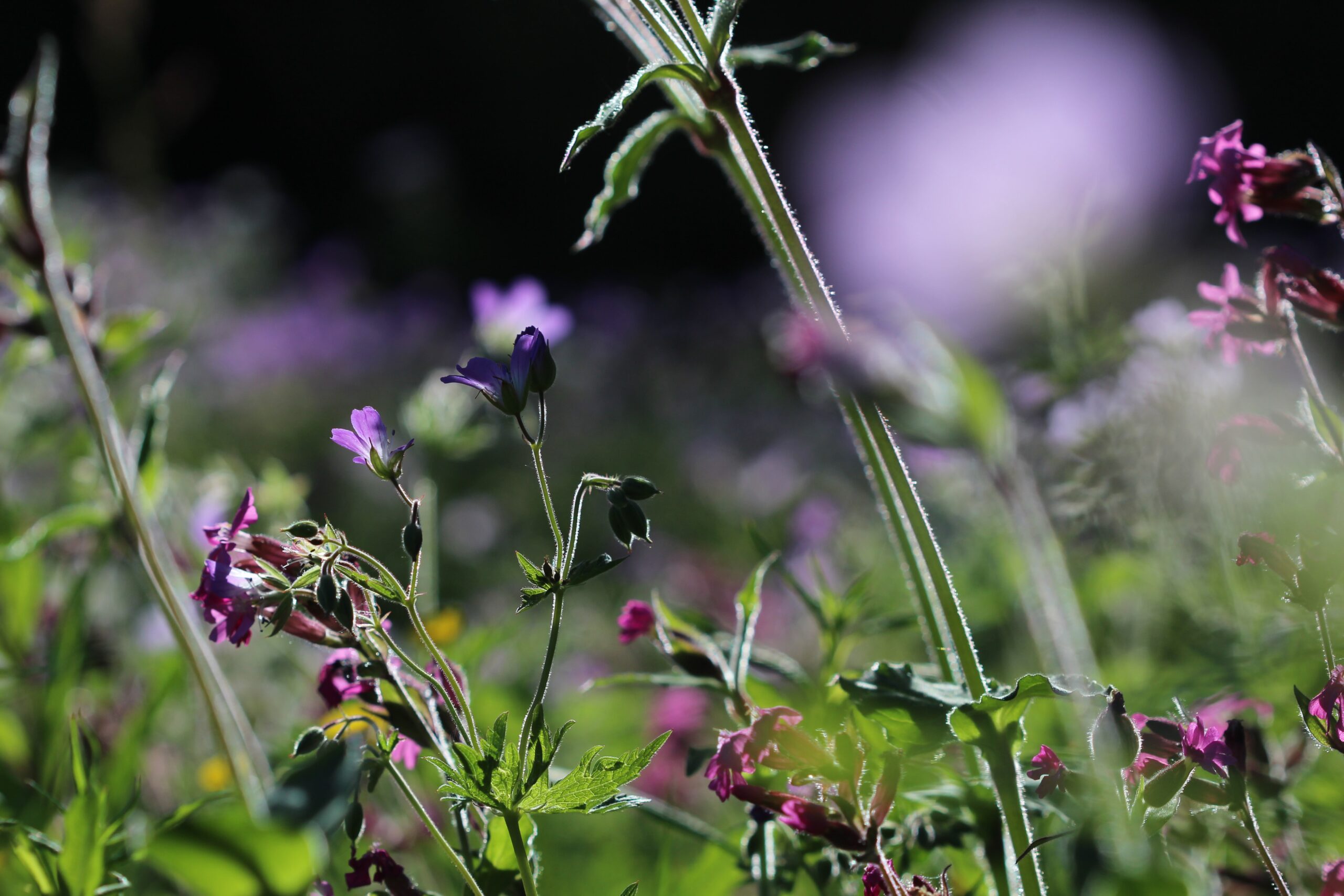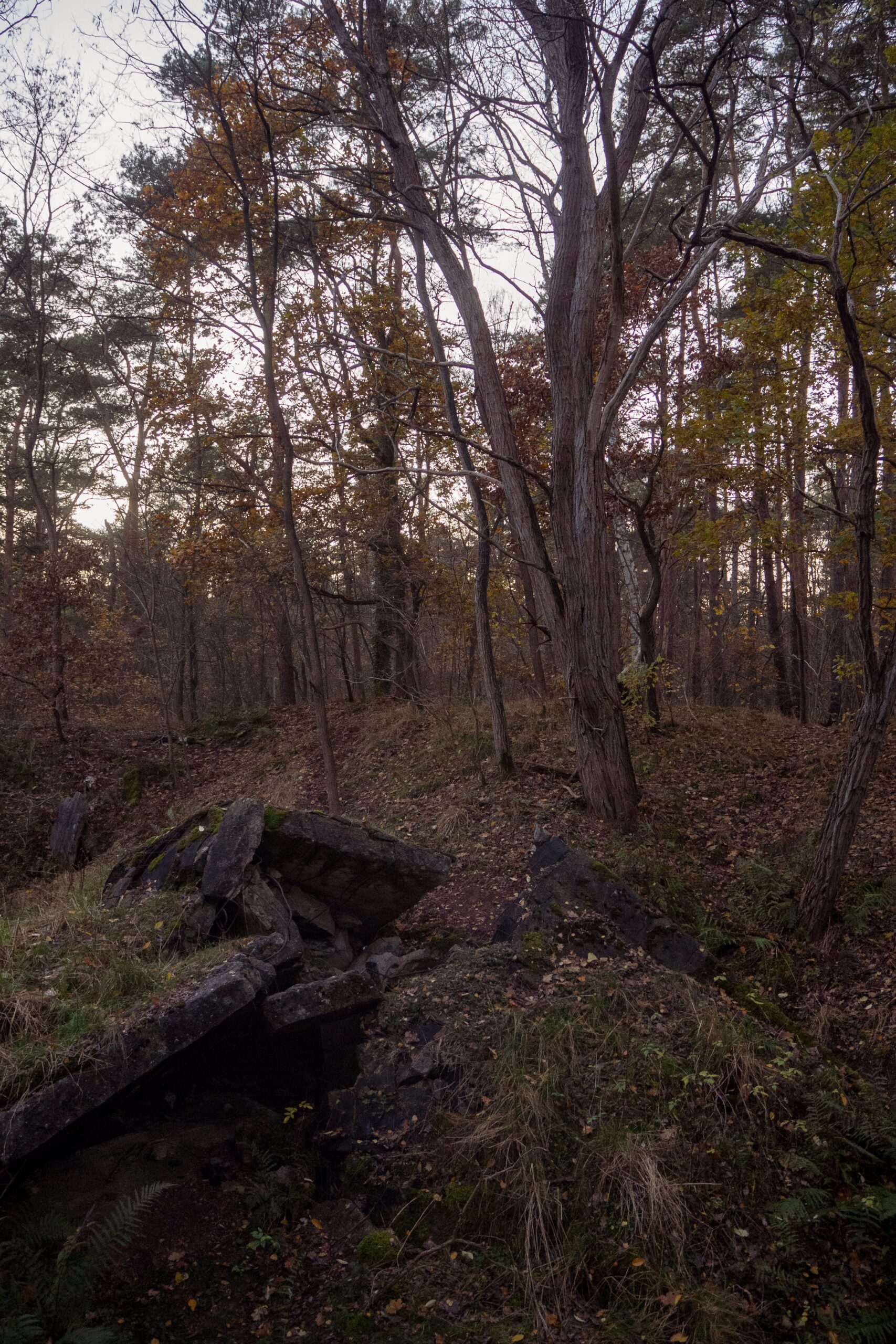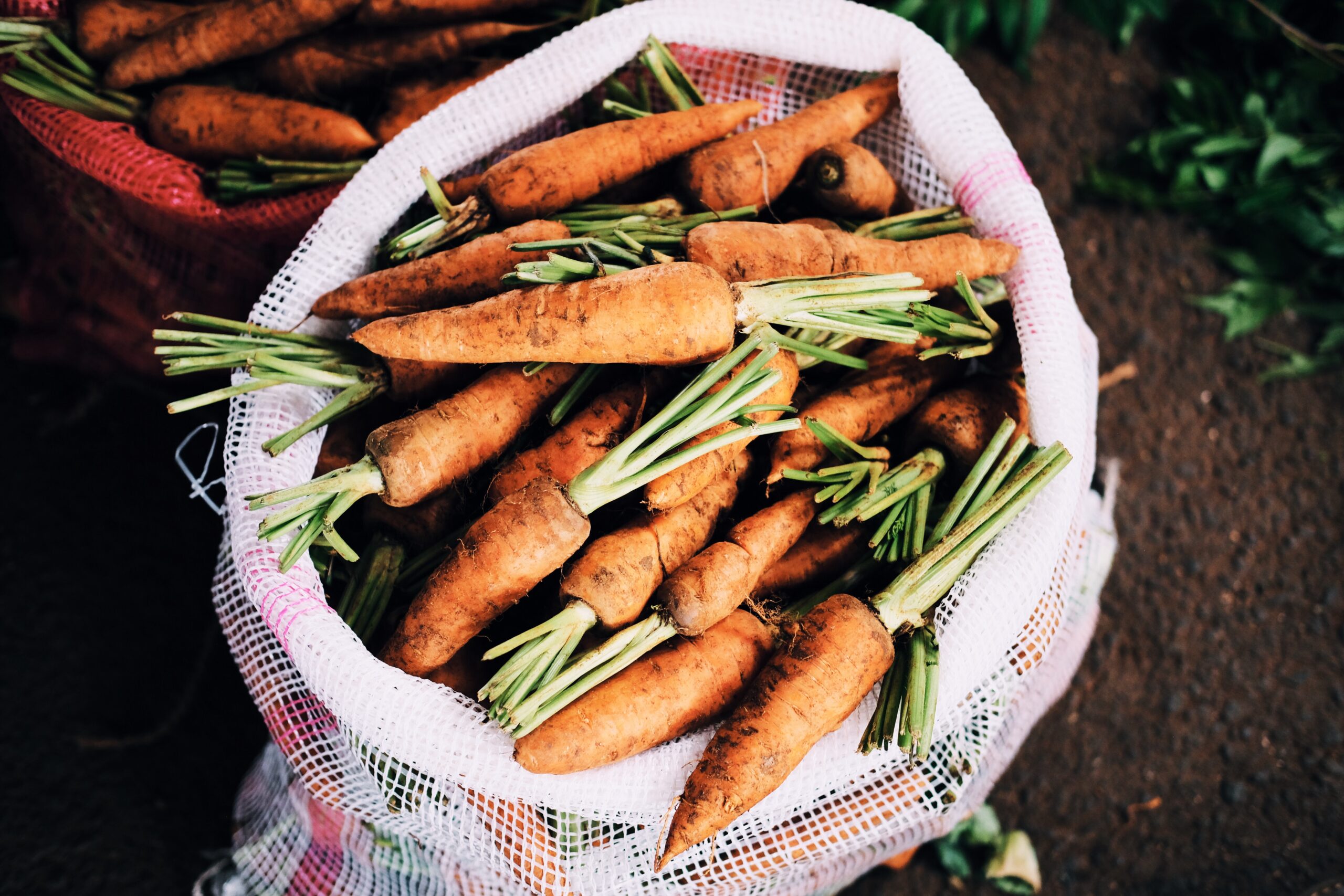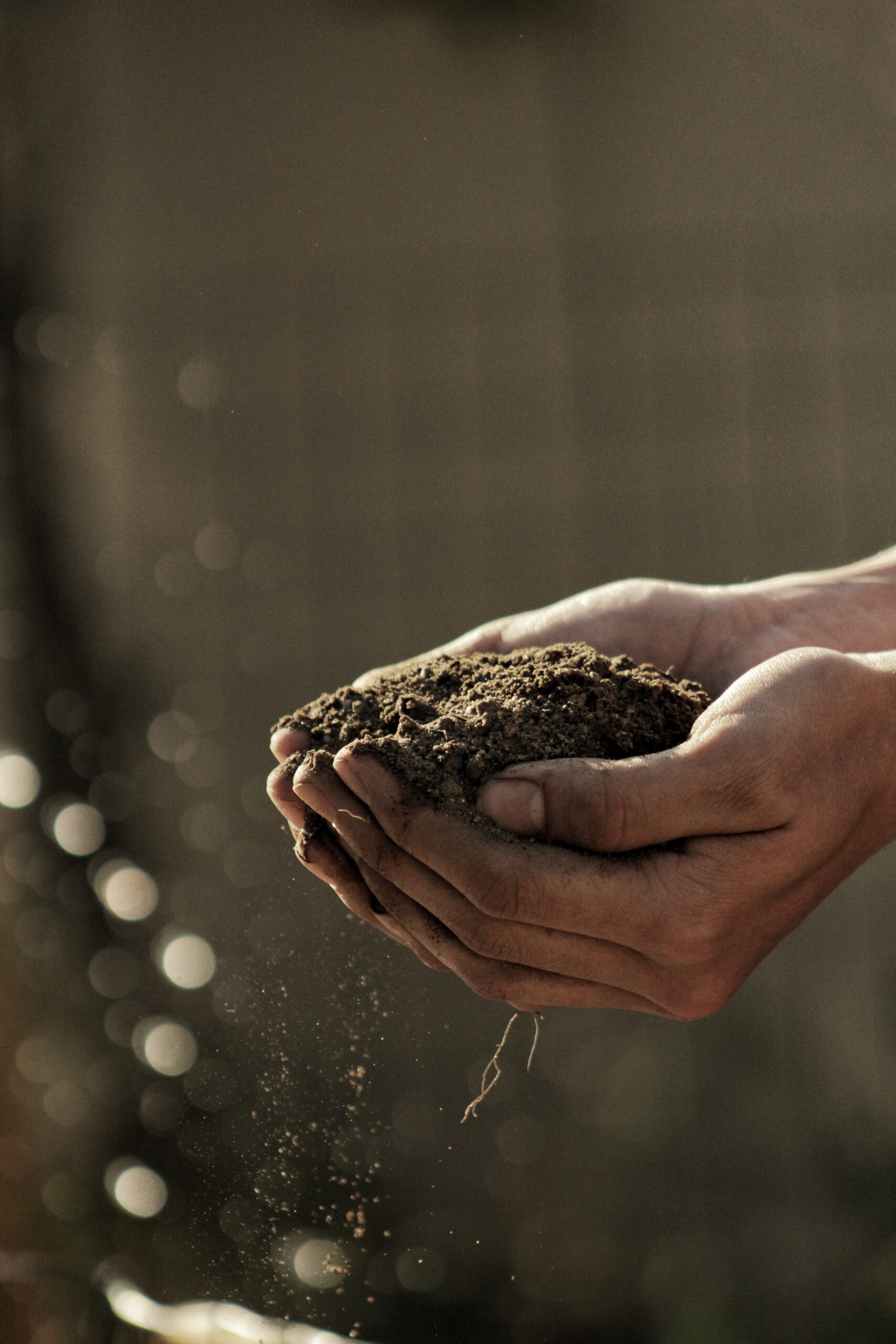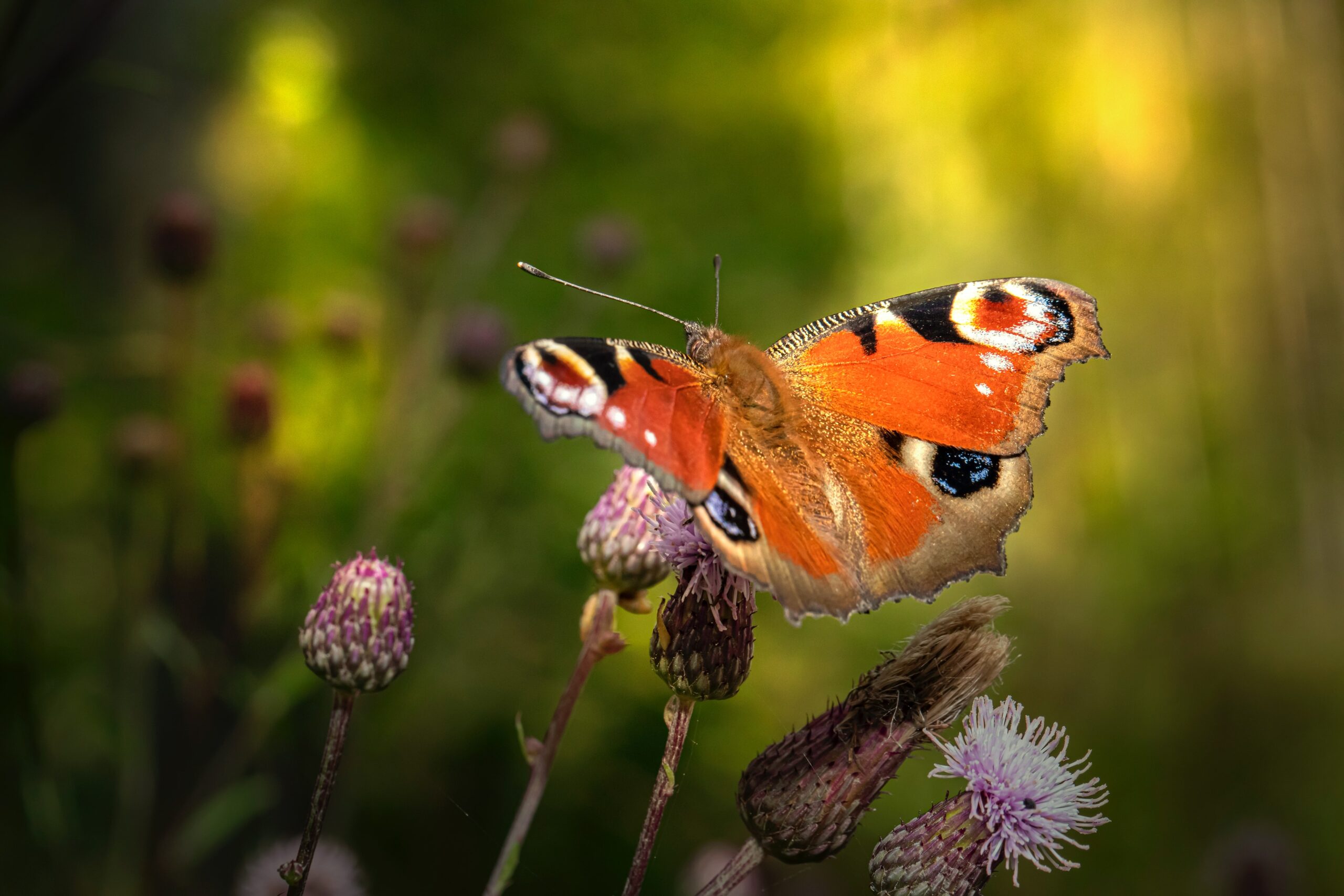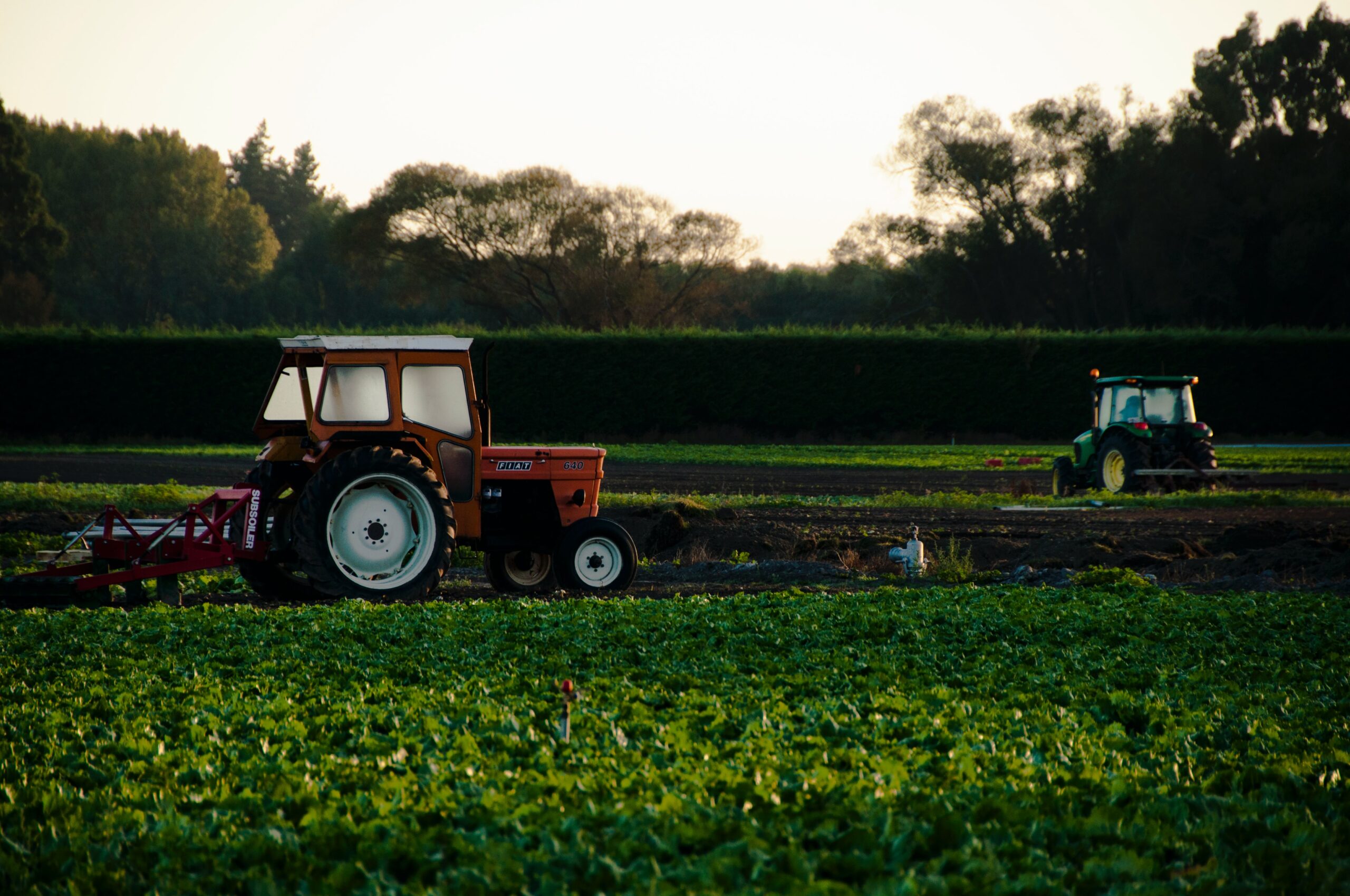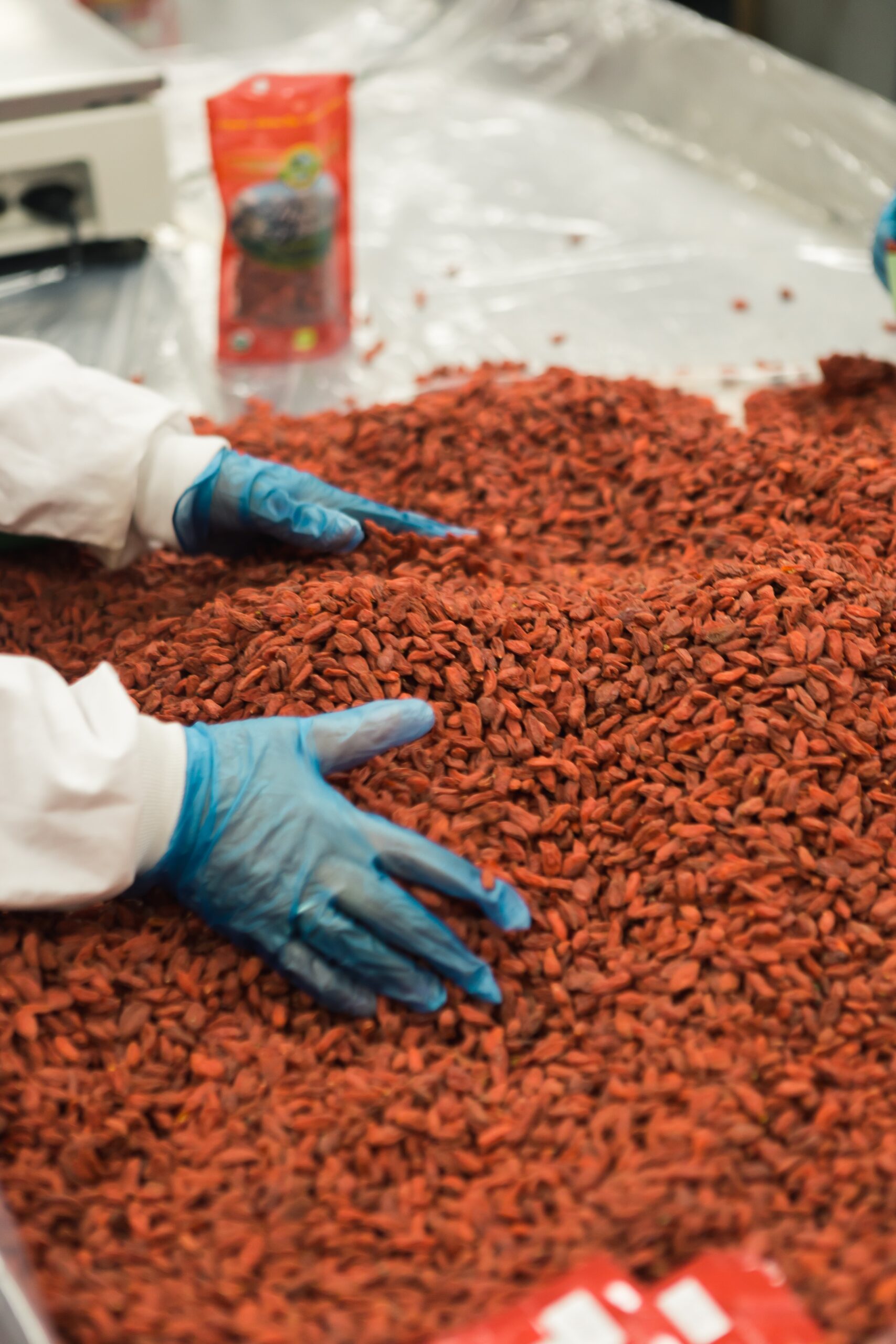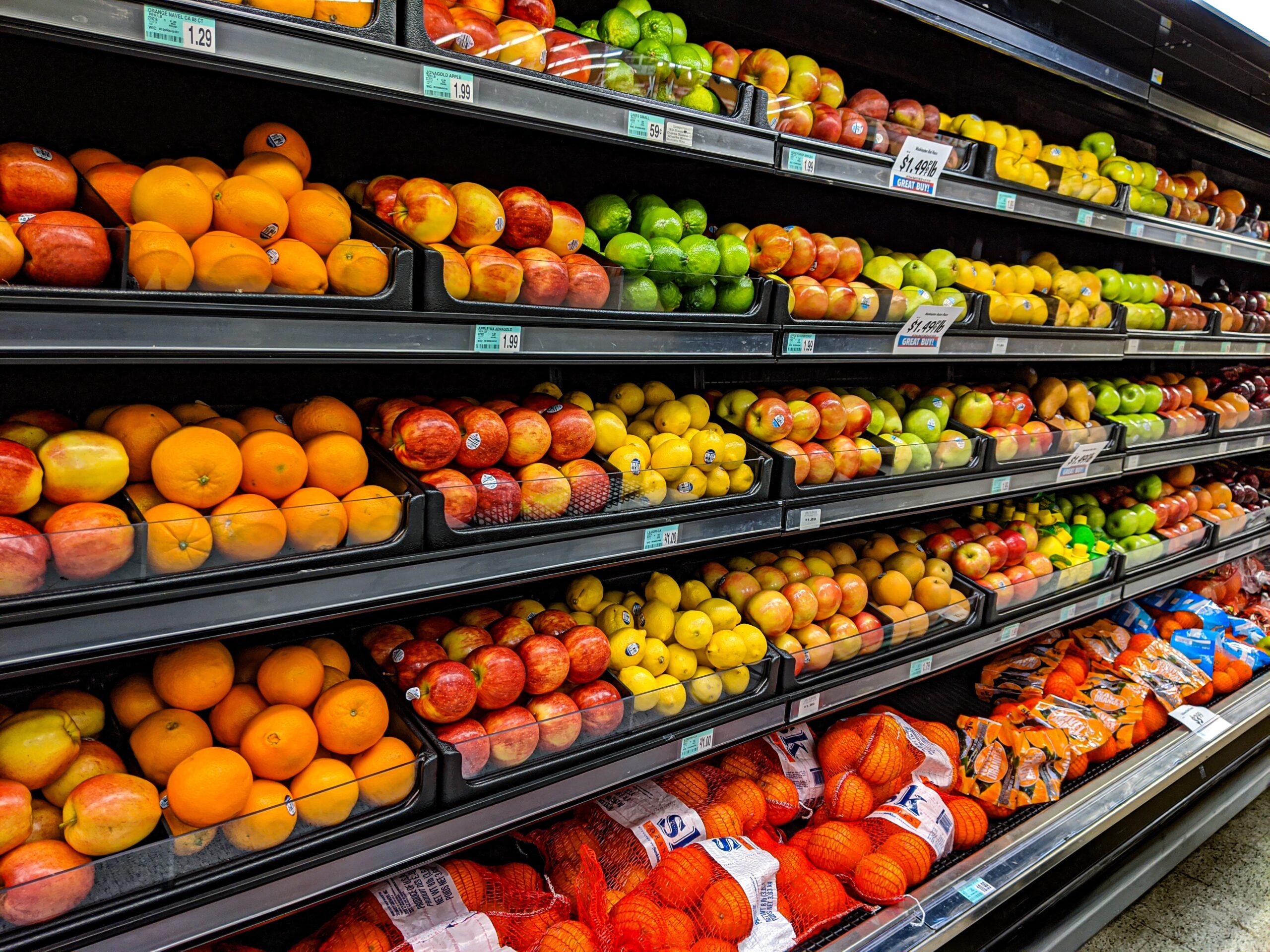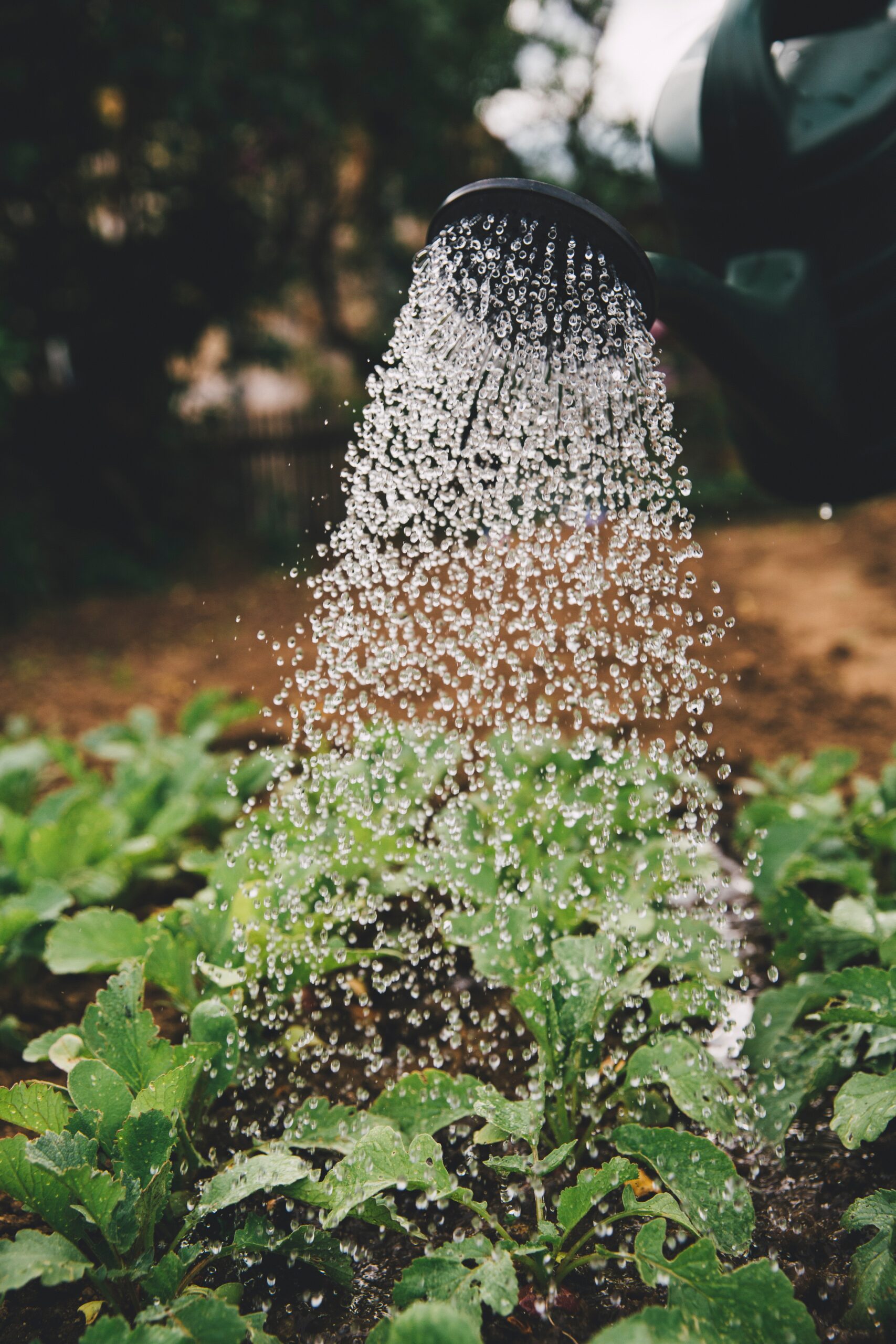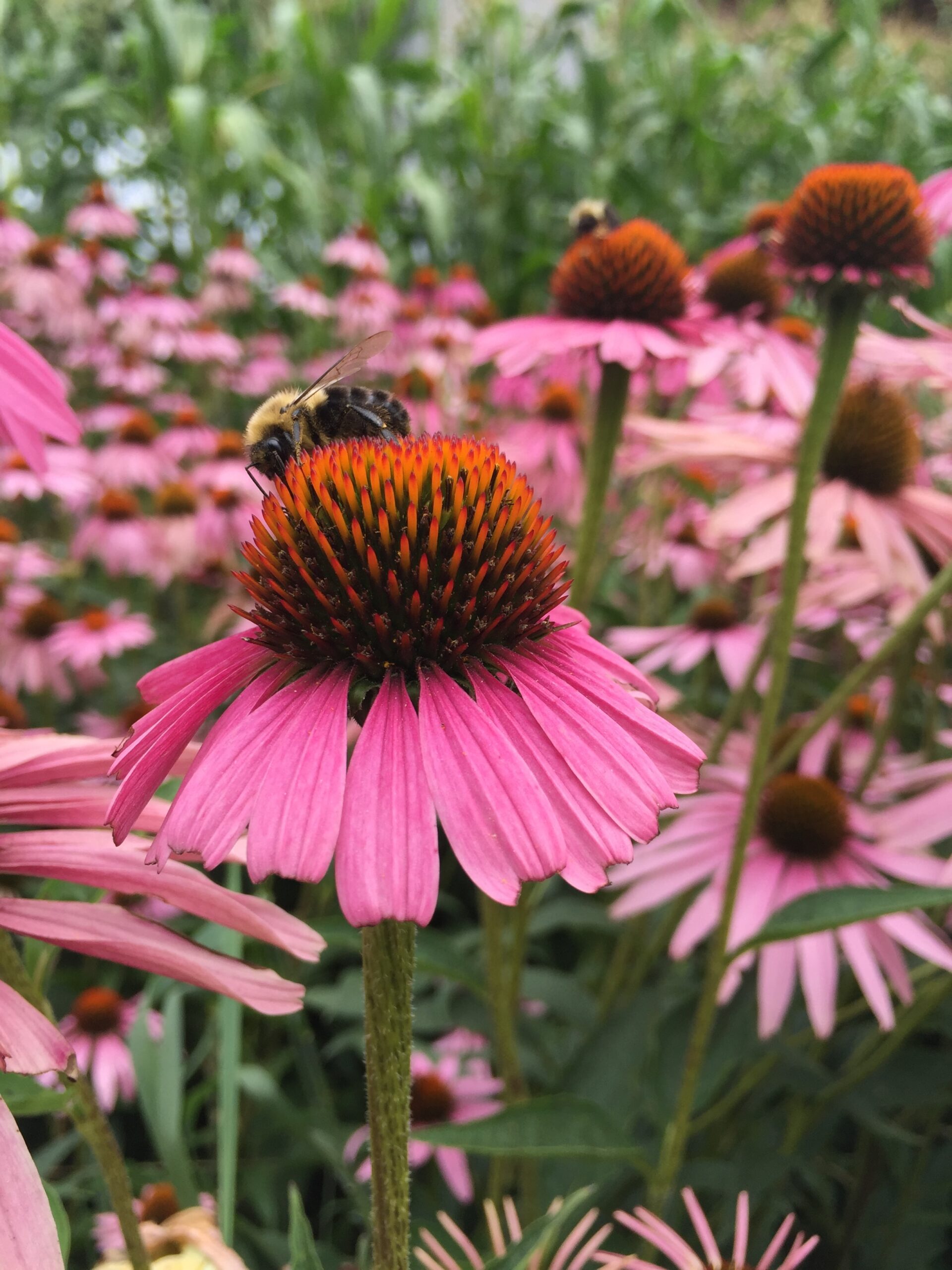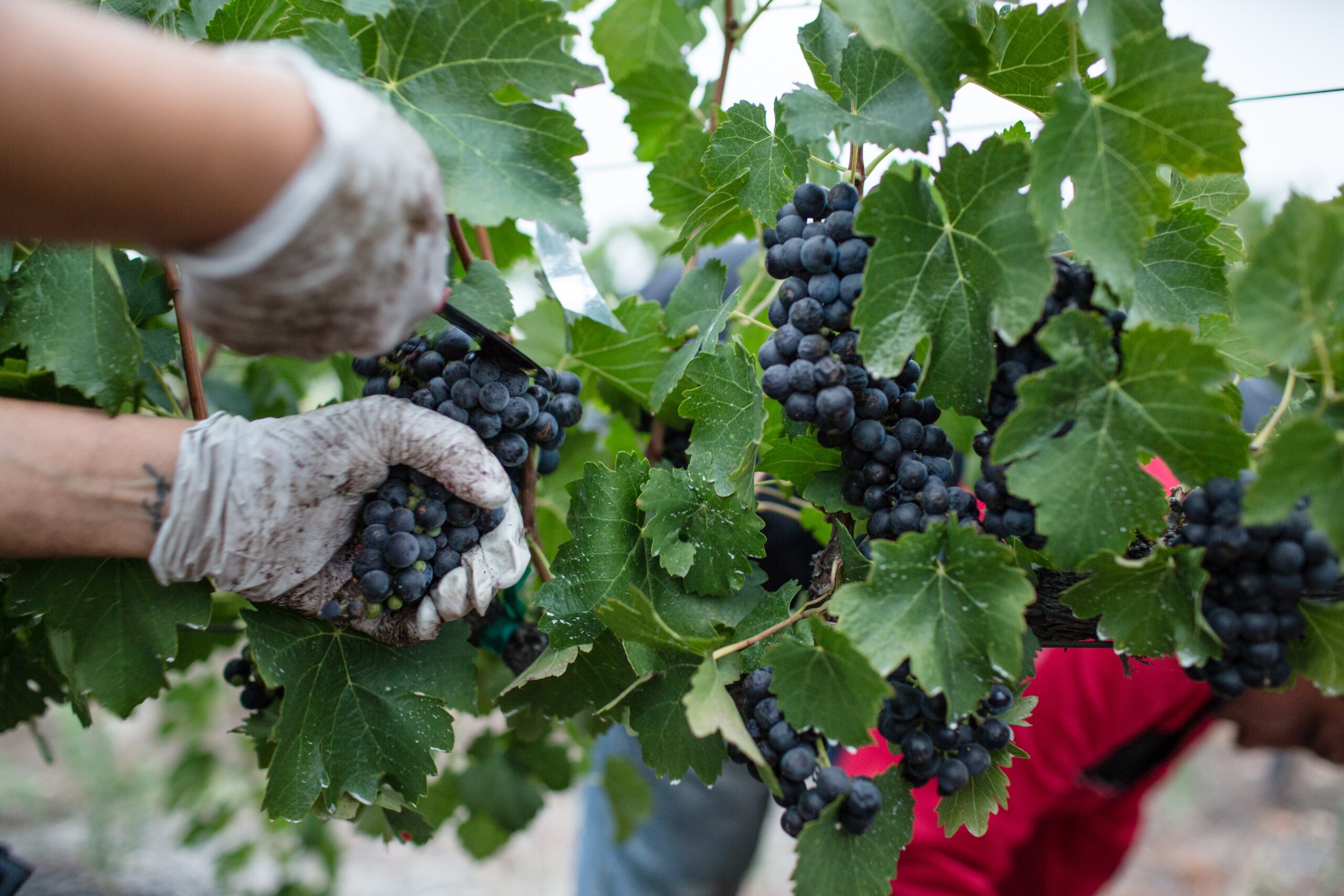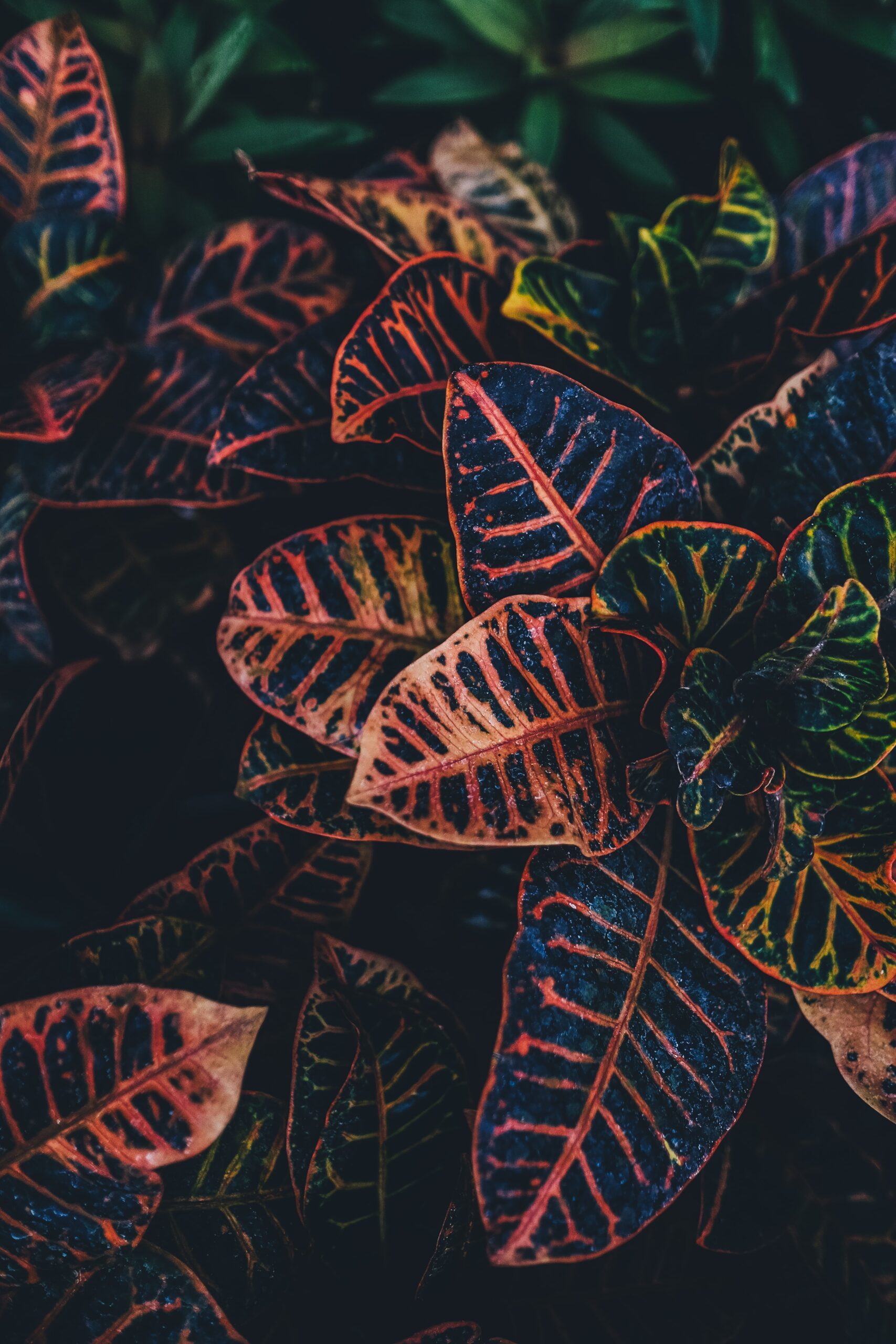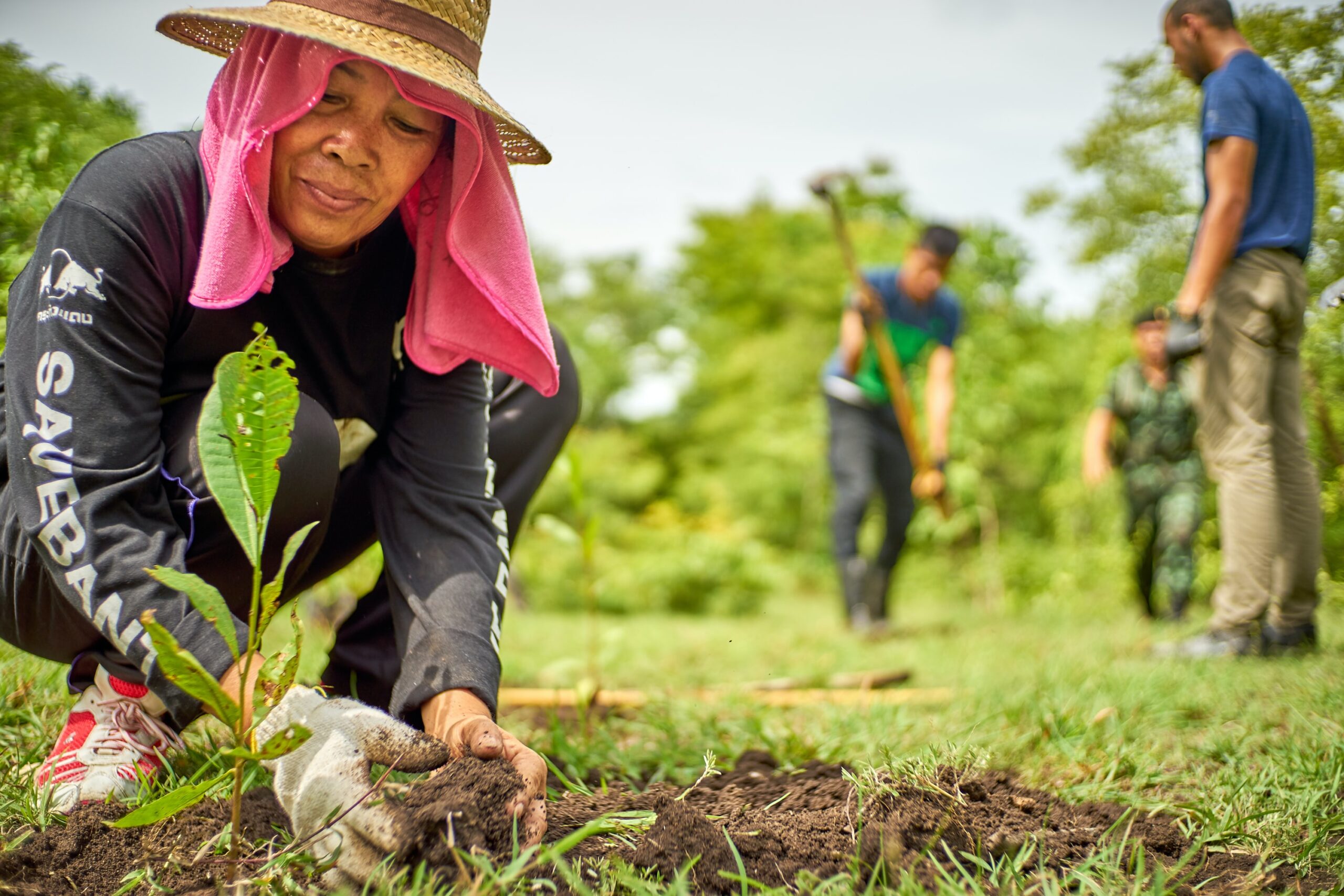Pollinators are important both ecologically and economically, with the majority of flowering plants and many of the world’s crop species relying on animal pollination—the majority of which is provided by bees. However, documented pollinator population decline threatens ecosystem functioning and human well-being. As such, conservation methods such as augmented pollinator habitat are becoming popular tools to combat pollinator losses. In our study, we evaluate an initiative to plant pollinator habitat at all North Carolina agricultural research stations to ensure that these efforts result in improved bee communities. From 2016 to 2018, we found significant increases in bee abundance and community diversity. These increases depended on the quality of habitat, with plots with higher cover and more plant diversity supporting larger, more diverse bee communities. Although the habitat positively supported bee communities, we found that overall habitat quality degraded over the course of our study. This points to the need of regular upkeep and maintenance of pollinator habitat in order for it to appropriately support bee communities. Future long-term studies on pollinators will be important as natural fluctuations in bee populations may limit findings and many knowledge gaps on native bees still persist.












































































































































































































































































































































































































































































































































































































































































































































































































































































































































































































